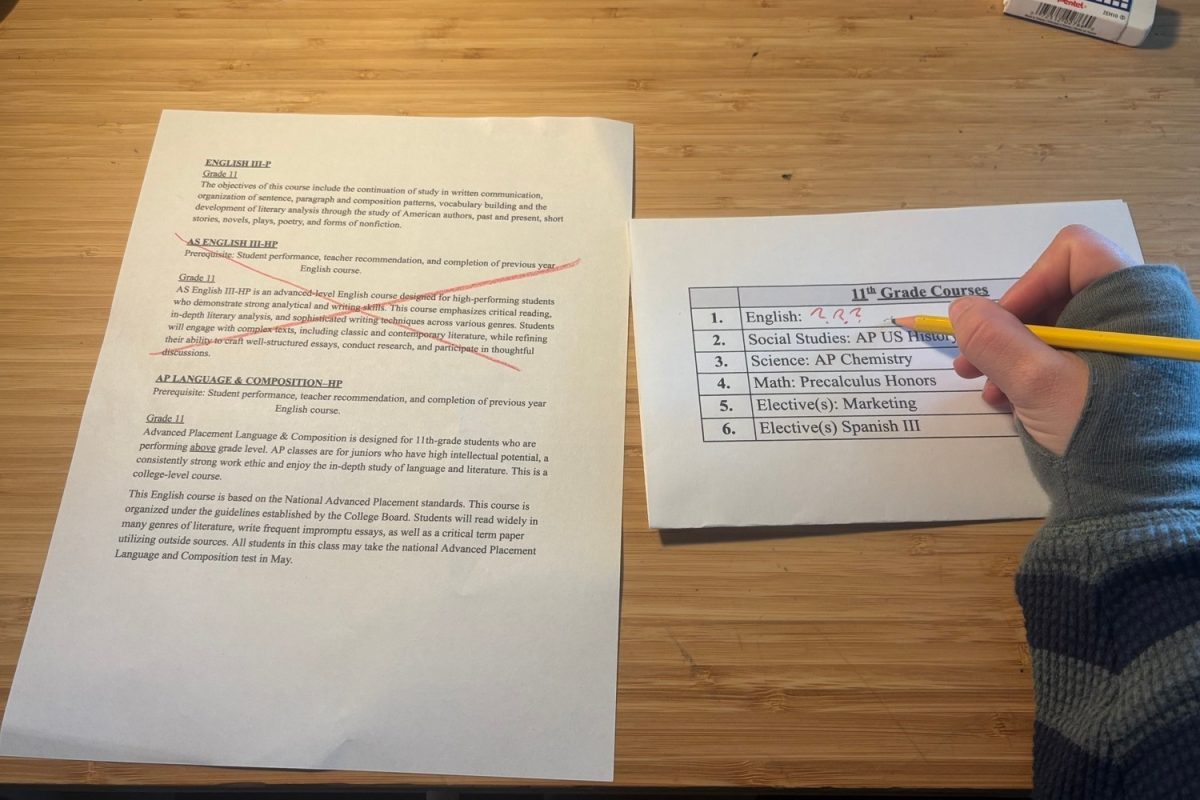In an effort to reduce student workloads, Carlmont decided to implement a modified block schedule in the 2019-20 school year. Due to many teachers’ routines drastically changing as a result, block scheduling has been met with controversy among the staff.
Previously, students attended each class every day for about 50 minutes. On rare occasions, a block schedule was implemented for testing.
Now, Carlmont uses a modified block schedule every week. On Wednesdays and Thursdays, teachers teach half of their classes for 90-minute periods. In addition, each Wednesday and Thursday contains a flex time. The new schedule has changed the lesson plans and teaching style of many teachers.
“I’m still trying to modify my teaching methods to accommodate the block days,” said David Braunstein, a history and government teacher. “I’ve been at Carlmont for 18 years and am used to the older schedule.”
Braunstein identified both positives and negatives with the block.
“If you have a class activity that could take longer than a normal class period like a DBQ or lab, the longer period is very helpful. However, I notice that a lot of my students are really exhausted and have a harder time staying focused,” Braunstein said.
According to a survey conducted by this reporter, some students find that the extended periods make it difficult for them to stay attentive. It’s not uncommon to walk into a classroom and see glazed eyes staring blankly at a teacher, or students constantly checking the clock.
“It’s tough for kids to stay focused on one subject for a long period of time, and unfortunately, the timeframe doesn’t allow for a break,” said Michael Skrable, a math teacher.
Some teachers have found ways to combat the lack of focus with new, more interesting activities.
“I actually really enjoy teaching block schedule because I can try more fun activities to keep kids engaged, and I generally get more done,” said Jessica Gonzalez, a Spanish teacher. “I also like Flex time. It’s a good opportunity for students to make up work, ask for help, or get homework done.”
Despite some teachers feeling more productive during the block, others find it harder to manage. This is because though the classes seem longer, teachers have less total time during the week to teach their subjects.
“I feel very rushed when teaching during block days. I have to cover the same amount of material as I did the previous years I’ve taught, with less time to do it, which means that sometimes I have to speed up important concepts or go over fewer problems,” Skrable said. This is a common complaint among teachers, especially in the math department.
Coupled with the rushed class time, students are also given a double homework assignment to cover the material.
“Unfortunately, the double assignment is the only way that we as teachers can make sure students are covering the necessary material,” Skrable said.
Block scheduling has brought many new benefits as well as challenges for teachers. It is unclear whether it will remain a part of Carlmont. The effectiveness of Flex, attention span, changed homework load, and teacher and student productivity are some of the many factors that will be considered.
“I believe block schedule is meeting its intended purpose,” Gonzalez said. “A few kinks just need to be worked out, and I think it will have a very positive impact on both students and staff at Carlmont.”












